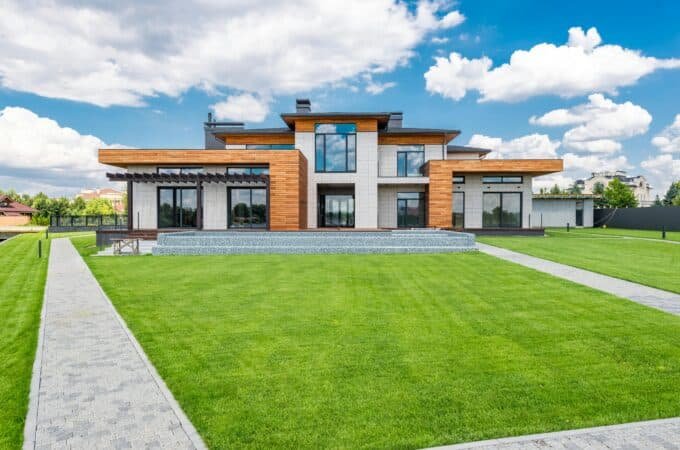
What to get for your first home
Buying your first property is an exciting and somewhat overwhelming step. While there are many frustrations involved in renting, owning a home is new territory that comes with many unknowns. Suddenly, the sole responsibility for everything rests on your shoulders.
Before you even move in, there are some practical items that you need to get in place. Get homeowner’s insurance as soon as possible after signing the papers. The moment you own the home, any accidents become your problem. Homeowner’s insurance will protect against things like man-made or natural disasters. No one wants to think they’ll be the victim of a house fire, or lose their roof to a hurricane, but if you have insurance, you’ll be able to weather the storm.
When you buy home insurance, you’ll have some choices about plans, coverage, rates, and deductibles. There’s no one-size-fits-all recommendation here but take the time to consider the likelihood of natural disasters or human damage. In some neighborhoods, and if you have many high value possessions, you might want to opt for better insurance against theft and damage to the home, while in other areas, having good flood insurance cover might be a must.
As a renter or dependent, you didn’t have to worry about appliances and home systems, either. If something broke down, you called the landlord to have it fixed or replaced. You are now responsible for household appliances and the built-in systems like heating, cooling, and plumbing. The average homeowner isn’t aware of the replacement costs on their appliances and home systems, but it can easily run into the thousands and tens of thousands, depending on the scale of the damage and repair or replacement.
There’s a way you can reduce stress, insure yourself against sudden system or appliance failures, and keep costs predictable and manageable. Home warranty plans are different from insurance, in that they provide coverage for things like a breakdown resulting from regular wear and tear, instead of a crisis situation like a natural disaster. It’s like having your landlord’s number to call when something stops working; a home warranty plan gives you someone to call for help.
You never want to have to decide between paying the mortgage and having heat, especially in places like North Carolina where the weather can get extreme. New home buyers need to know that one of the essentials are home warranties in NC, and that a home warranty North Carolina variant will help them with the unique wear and replacement needs in their area. Homes in different areas will have different struggles, like problems with mold in Florida, or dust in California.
Much like with the insurance, there are various home warranty plans with different levels of coverage, rates, and deductibles. You’ll select a plan based on what home systems and appliances you own and want coverage for, and you can extend coverage to handle extras like a pool or removing unwanted water ingress.
It’s better to go minimalist on the decorating and furnishing in your first home and invest in things that will preserve your home’s value and functionality over the longer term. On that note, you may want to consider installing or upgrading some systems right away. Hopefully, you had a home inspection prior to purchase that ruled out any damaged or failing components, like a roof that needs replacing, but it’s important not to ignore home maintenance. Things to watch out for are exterior deterioration, electrical overload, plumbing that isn’t up to modern standards, and window or door seals breaking down. Weatherproofing your home is a good start, as is refreshing paint and cleaning out the gutters regularly. Some maintenance costs are particularly worthwhile because they’re preventative, and they won’t cost you extra for a major replacement down the road.
Other replacement costs might be technology-based. Consider cost-saving and eco-friendly upgrades like a rainwater reclamation tank or roof solar panels. The up-front costs of these technologies are improving all the time, and the cost savings over time are dramatic. In some locations, home owners are actually collecting an excess of energy and selling it back to the local grid, so their homes literally make money for them while they’re still living there. If you’re a first-time home buyer, making these kinds of investments up front with such a long runway to recoup the investment and save or earn money is an enviable position to be in.
The temptation for first time home buyers is to go crazy with the decorating and furniture shopping, but there are other more important and more useful things to take care of first. Get insurance as soon as possible upon purchase and consider a home warranty plan to provide a buffer against appliance and house system failures. Finally, don’t forget to make a schedule for ongoing maintenance and consider some next-level upgrades to turn your home into a self-sufficient and even an income-generating machine.






